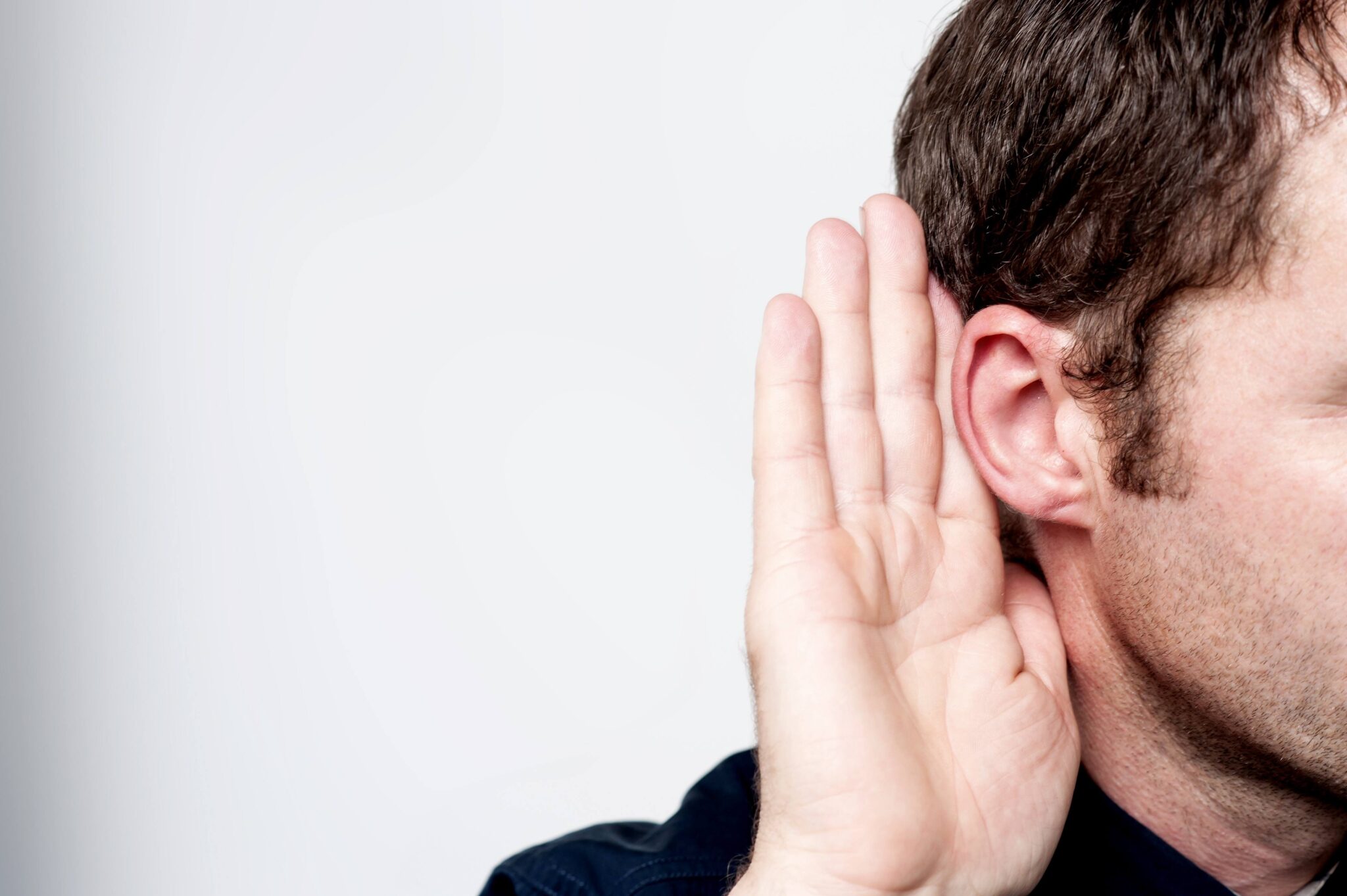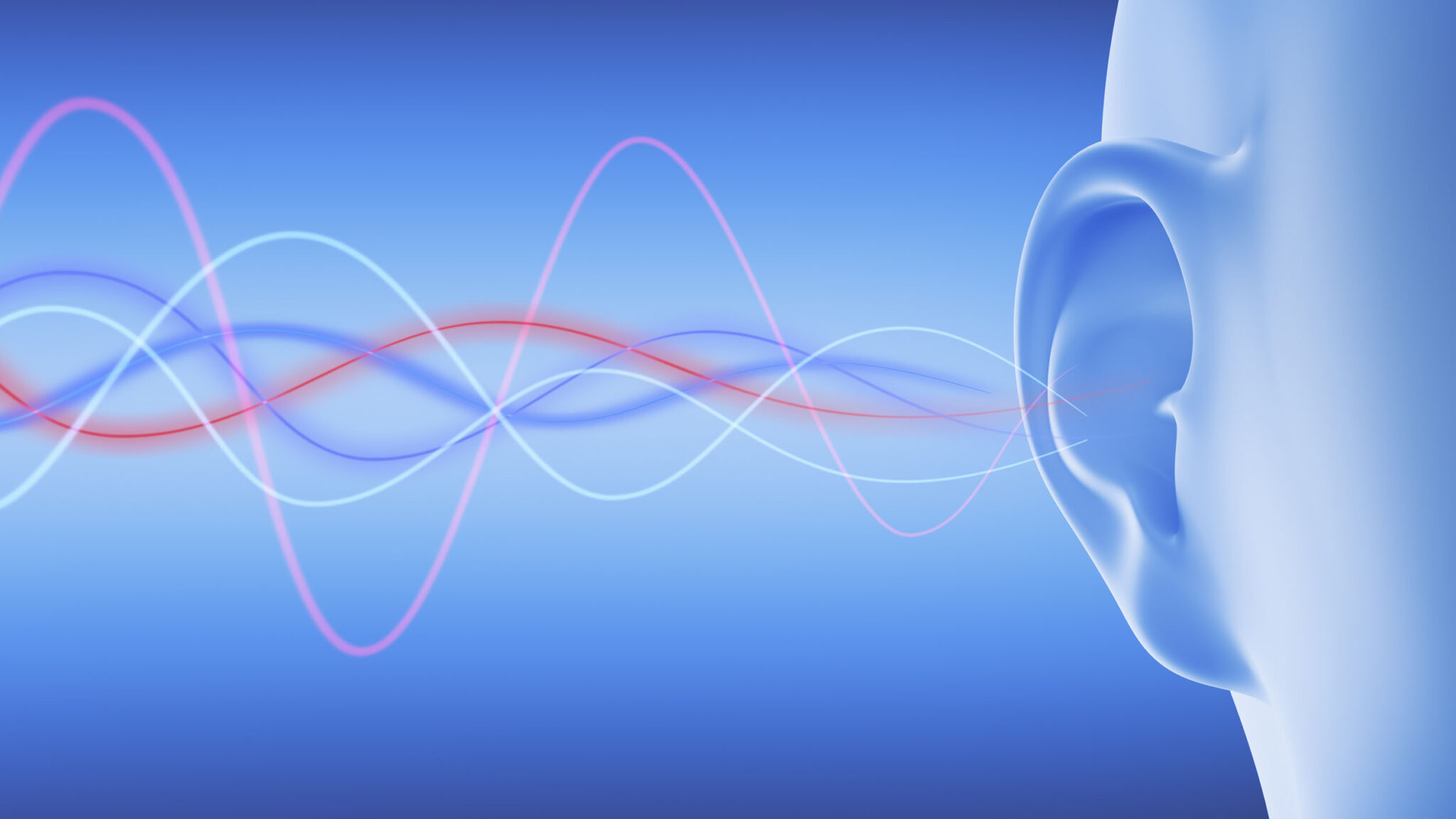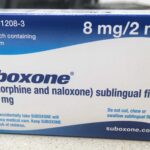
Usually, hearing aids are the solution. “Yet only 16 percent of those under 69 who could benefit from hearing aids use them — and fewer than 1 in 3 over 70,” says the American Association of Retired Persons (AARP).
Before we get into the cost of hearing aids and affordable solutions, let’s explore the meaning of “hearing aid.”
What is a Hearing Aid?
Generally, a hearing aid comes with a microphone, amplifier, and speaker. The microphone receives the sound waves and converts them into electrical signals. Then, the microphone sends the signals to the amplifier, which raises the signals’ power and forwards them to the ear via the speaker.
How Much Does a Hearing Aid Cost?

How Can I Find Affordable Hearing Aids?
1. CareConnect USA’s Affordable Hearing Aid Helpline. Just dial 866-479-1519 to connect with counselors who can help you find affordable hearing aids.
Other tips for saving money on hearing aids:
- Shop around to get a feel for the hearing aid landscape before buying the product.
- Know what’s involved in the pricing. If there’s a payment or subscription plan or bundling options, be sure to get the details. Inquire about the return and refund policies and warranty terms.
- If you have Medicaid, check state law to determine whether coverage extends to hearing aids.
- Ask your hearing health care provider to recommend local resources.
Frequently Asked Questions:
Can hearing aids be donated? What is the used hearing aid donation value?
Are there hearing aid donations near me?
Are there hearing aid places near me?
Are hearing aids covered by Medicaid?
Can you recycle hearing aids?
Are there hearing aid charities?
I need a hearing aid but can’t afford them. Where can I turn?
Are hearing aids tax deductible?
Can you buy refurbished hearing aids? Where can I find used hearing aids?
Are old hearing aids still useful?
Is there a woman hearing aid? Are there hearing aids for young adults?
Are there hearing aids for seniors?
What is an old timey hearing aid?
Are American hearing aids more expensive?
Are there hearing aid assistance programs?
Are there free hearing aids?
What is Esco Hearing Aid insurance?
What are Audicus hearing aids?
Do Hearing Aids Require a Prescription?
Hearing aids are currently regarded as prescription products, typically dispensed by a hearing health care professional (such as an audiologist or otolaryngologist). Before prescribing the hearing aid, the health care professional should conduct a hearing evaluation, to determine the type and extent of hearing loss.
Note that Congress passed a law in 2017 authorizing over-the-counter (OTC) hearing aids for adults suffering from mild-to-moderate hearing loss. Although the law is not yet in effect, President Biden has issued an executive order with directions to move forward. The OTC hearing aids will be regulated by the U.S. Food and Drug Administration (FDA).
Industry observers believe that the OTC hearing aids will cost less than those requiring a prescription. But, as indicated earlier, the OTC hearing aids will not apply to people with severe hearing loss, only those with mild-to-moderate impairment.
UPDATE: As of October 17, 2022, hearing aids may be purchased over the counter without a prescription.
For affordable hearing aids, call 866-479-1519.









